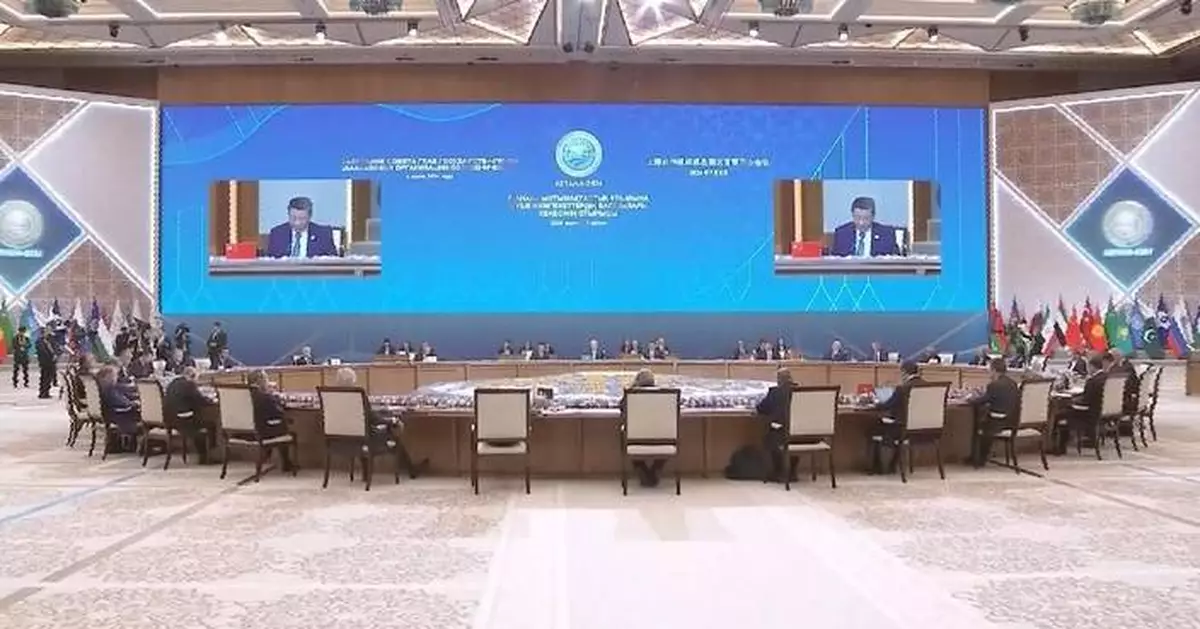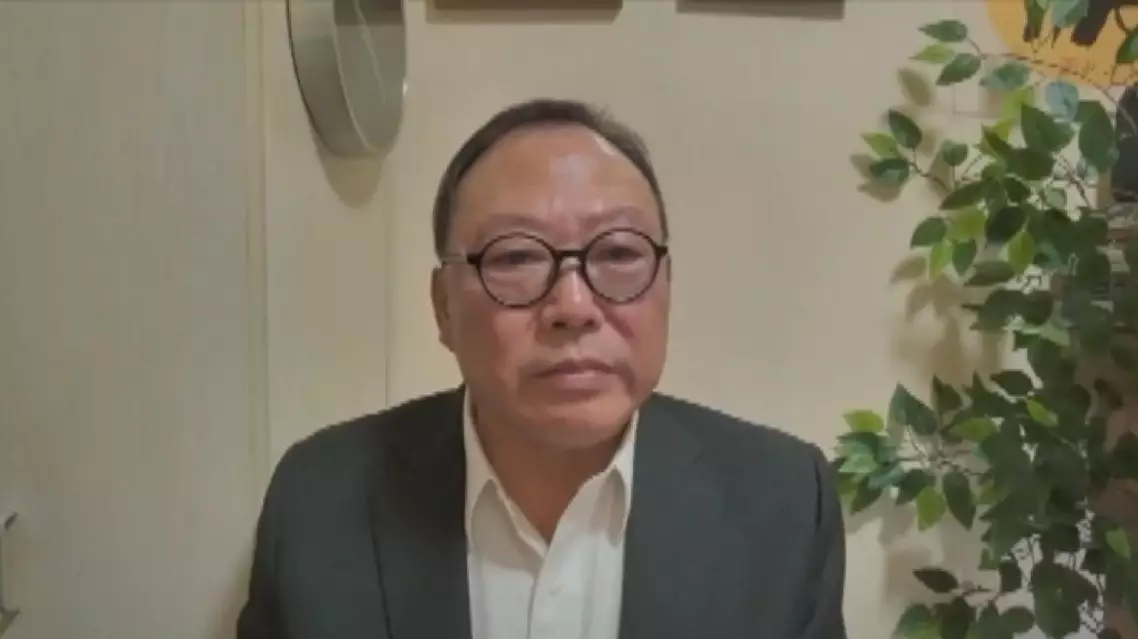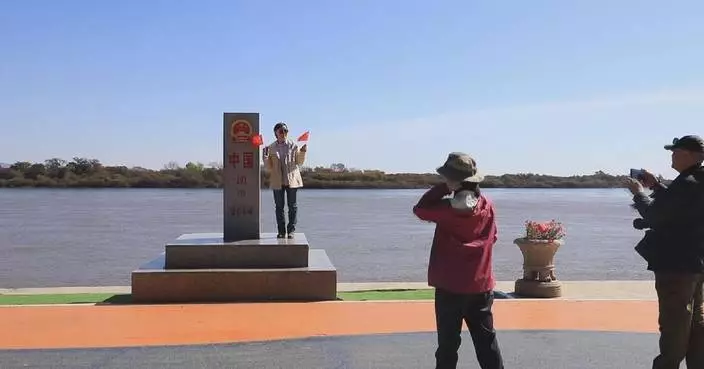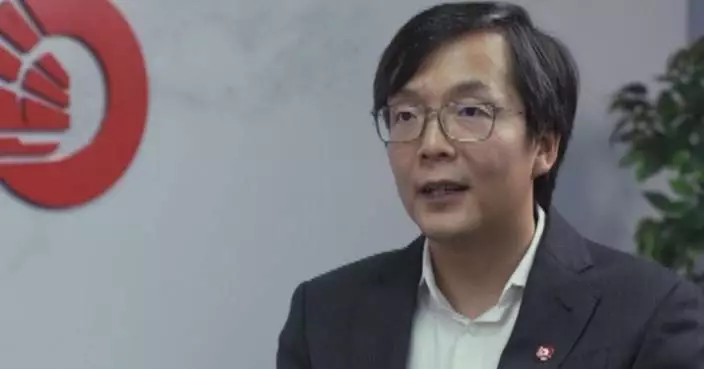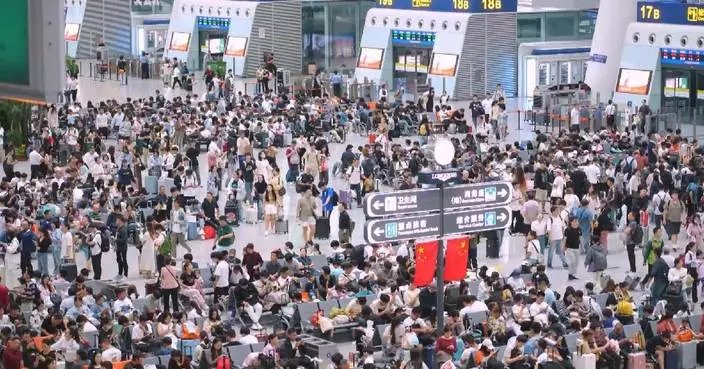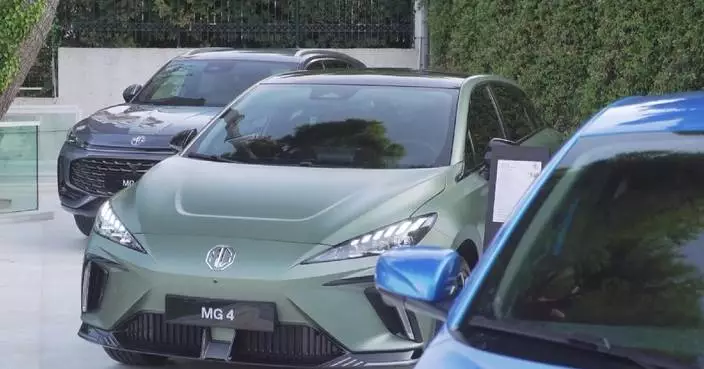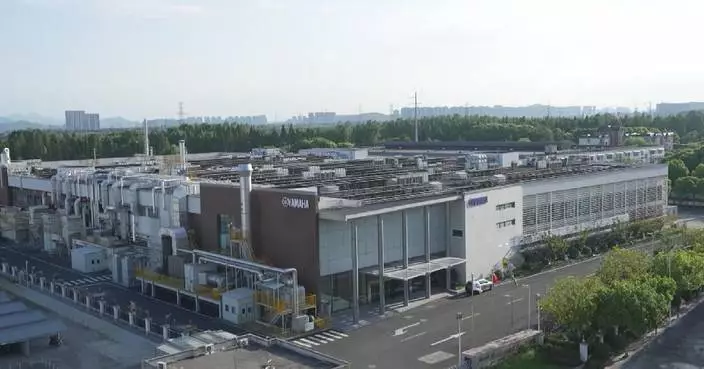Chinese President Xi Jinping's just-concluded trip to Central Asia is significant for the development of the Shanghai Cooperation Organization (SCO), deepening China's good-neighborly relations with regional countries, and promoting the substantial advancement of building a community with a shared future among neighboring countries, Chinese foreign minister said on Saturday.
Wang Yi, also a member of the Political Bureau of the Communist Party of China (CPC) Central Committee, made the remarks during a press briefing on Xi's attendance at the 24th Meeting of the Council of Heads of State of the SCO in Astana, and state visits to Kazakhstan and Tajikistan this week.
President Xi attended the SCO Summit as well as the "SCO Plus" Meeting, and pointed out that the SCO stands on the right side of history, fairness and justice, and is of great significance to the world, Wang said.
The Chinese president called on the SCO, which is faced with new situations and challenges, to ensure security, safeguard development rights, consolidate the strength of unity, and strive to build a shared home featuring solidarity and mutual trust, peace and tranquility, prosperity and development, good-neighborliness and friendship, as well as fairness and justice, Wang said.
While briefing on Xi's visit to Kazakhstan, Wang said the heads of state of China and Kazakhstan reaffirmed their strong political will to promote the building of a China-Kazakhstan community with a shared future, and made new plans to usher in a new "golden 30 years" of bilateral relations.
China remains steadfast in its commitment to the China-Kazakhstan friendship, in its resolve to advance cooperation across the board, in its determination to continue mutual support on issues concerning each other's core interests, and in its confidence in both countries realizing their development goals, Wang added.
While briefing on Xi's visit to Tajikistan, Wang noted the Chinese president has met with Tajik President Emomali Rahmon 15 times since the beginning of the new era, saying that during Xi's state visit this time, the two heads of state announced the establishment of a comprehensive strategic cooperative partnership in the new era between China and Tajikistan, and the joint building of a community with a shared future from a higher starting point.
President Rahmon has said repeatedly that China is a great neighbor of Tajikistan, Wang noted, adding that Xi's visit this time is another important milestone in Tajikistan-China relations.
During Xi's state visit to Tajikistan, he not only attended the inauguration of a parliament building and a government building aided by China with President Rahmon, but also awarded the "Friendship Medal", China's highest state honor for foreigners, to Rahmon, Wang said. During his attendance at the SCO summit in Astana, Xi also held intensive bilateral meetings with Russian President Vladimir Putin and other foreign leaders participating in the summit, Wang noted.
The leaders of various countries have expressed their hope to learn from China's governance experience and accelerate the modernization process of their countries, Wang said.
They have clearly stated that they firmly abide by the one-China principle and oppose any form of "Taiwan independence", Wang said, adding that the leaders also highly commended the proposition of building a community with a shared future for mankind and a series of global initiatives proposed by Xi.
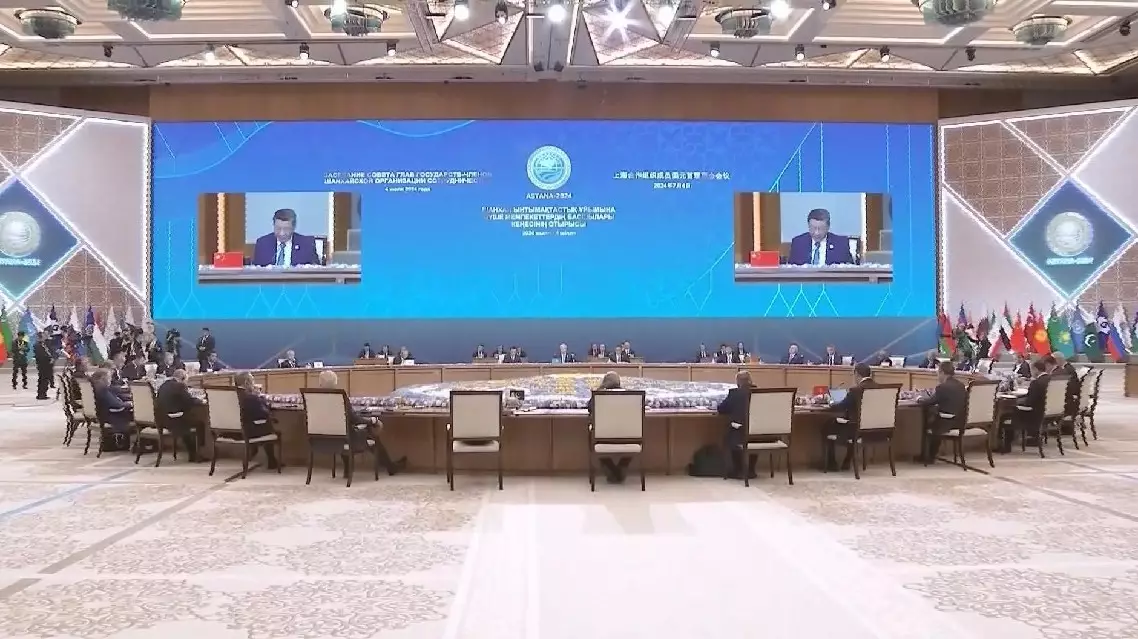
Xi's Central Asia trip significant for regional cooperation, development: Chinese FM


